We provide Auto Shipping Services all across the United States including Hawaii and Alaska
Land Freight
Human creatures have been in land freight for a longer time than history itself. Ever since human creatures were on earth, they have been transporting products from one put to another through different means. In the interim, the land freight framework was to begin at that time. The starting of progressed land freight frameworks dates back to the root of trains in the 19th century. Individuals favor trains over other shapes of transport consequently they are valuable for large-scale transportation of products. A short time later, trucks and carriages were coordinated into this framework of moving items overland like prepared streets and other means of transportation. Right now, land freight is around exchanging commodities over long distances with its greatness proceeding to develop.
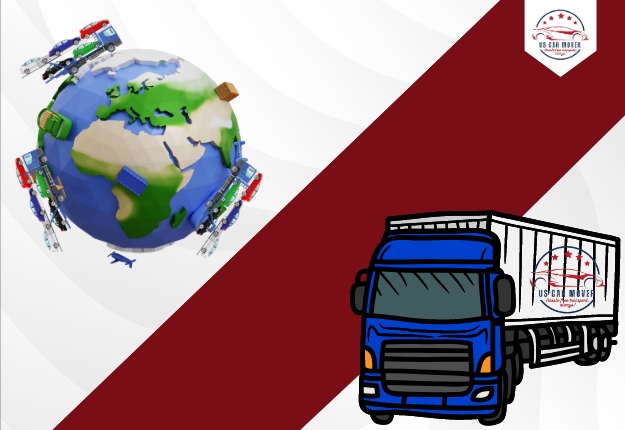
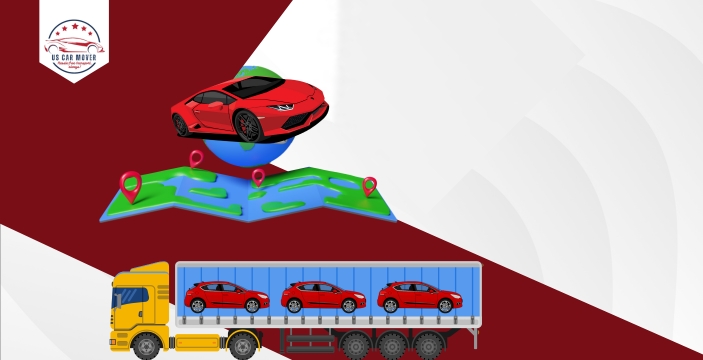
Role of Land Transport
Land freight is also known as roadway transport or trucking. This type of transport is recommended for vehicles over land requiring trucks and other street vehicles. It is a significant factor in the supply chain and plays an important part within the economy by encouraging the evolution of vehicles between transport company vendors, and the clients. Land freight offers a few points of interest, comprising versatility, security, and cost-effectiveness for short to medium-distance transport. It enables door-to-door shipment, making it helpful for both shippers and recipients.
Advantages of Road Freight Transport:
Flexibility and Availability: It is flexible and can be found in several urban and rural areas hence facilitating synchronized delivery to places inaccessible by other modes of transport.
Speed and Productivity: The duration it takes for road freight is lower over short distances especially if dealing with commodities that require immediate attention or just-in-time supply management.
Door-to-door Collection: Motor vehicles can be picked up from one’s home by land freight companies and then delivered directly to the required place leading to end-to-end transport solutions.
Cost-effectiveness: For regional, most of the time road cargo tends to cost less than air or rail transportation, particularly when dealing with small or less massive loads.
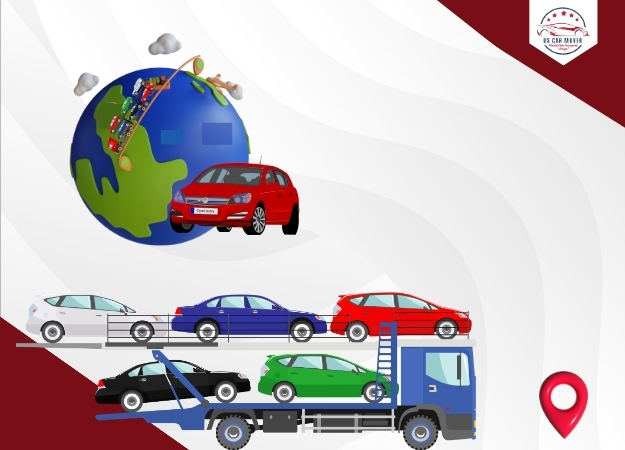
Wide Range of Goods Types: Whether it is temporary vehicles, consumer goods, industrial equipment, or cars; road cargo has a wide range of goods types and sizes.
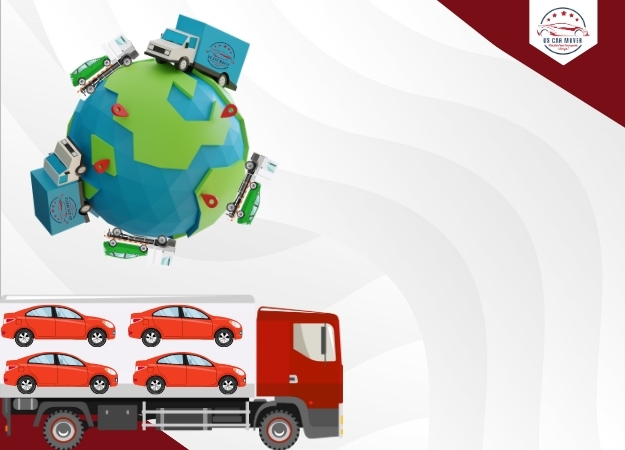
Disadvantages of land freight transportation
Restricted Places: Sometimes, land freight vehicles are limited to the distance that can travel before requiring refueling or maintenance. This can make delivery times longer than air or ocean cargo.
Climate and Transport Issues: Land transport is not protected by weather and traffic congestion hence leading to delays in the delivery schedules.
Natural Effect: Road freight vehicles cause pollution and release greenhouse gasses that can be detrimental to the environment.
Infrastructure Reliance: The street and rail framework is an essential aspect of land transport making it expensive to build and maintain. The absence of infrastructure results in wasteful aspects as well as delivery delays.
Risk of Accidents: Land freight vehicles are at risk for accidents which may result in vehicle damages, injuries, or deaths.
Price Factors: Land transportation could become costly primarily when dealing with long distances or international operations because fuel expenses, tariffs, and development costs might be involved.
Frequently Asked Questions (FAQ)
What is Land freight?
Land freight is a source of transforming vehicles from one place to another by using trucks, and lorries.
What are the primary considerations of land transportation?
The land transmission system is the process of dispatching vehicles in different ways like trucks and rail freight.
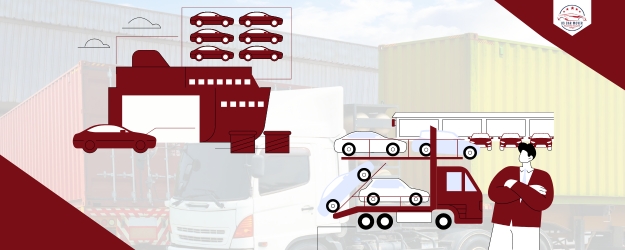
About Us
US Car Mover, is providing excellence as a leading transportation and logistics company, specializing in vehicle shipping services across the United States. Our mission is to provide customers with a stress-free vehicle shipping experience, offering comprehensive services and nationwide coverage at best possible prices. Trust us for safe and efficient transportation of your vehicles.
Contact Us
© 2018-2024 USCarMover.com, Inc. or its affiliates
